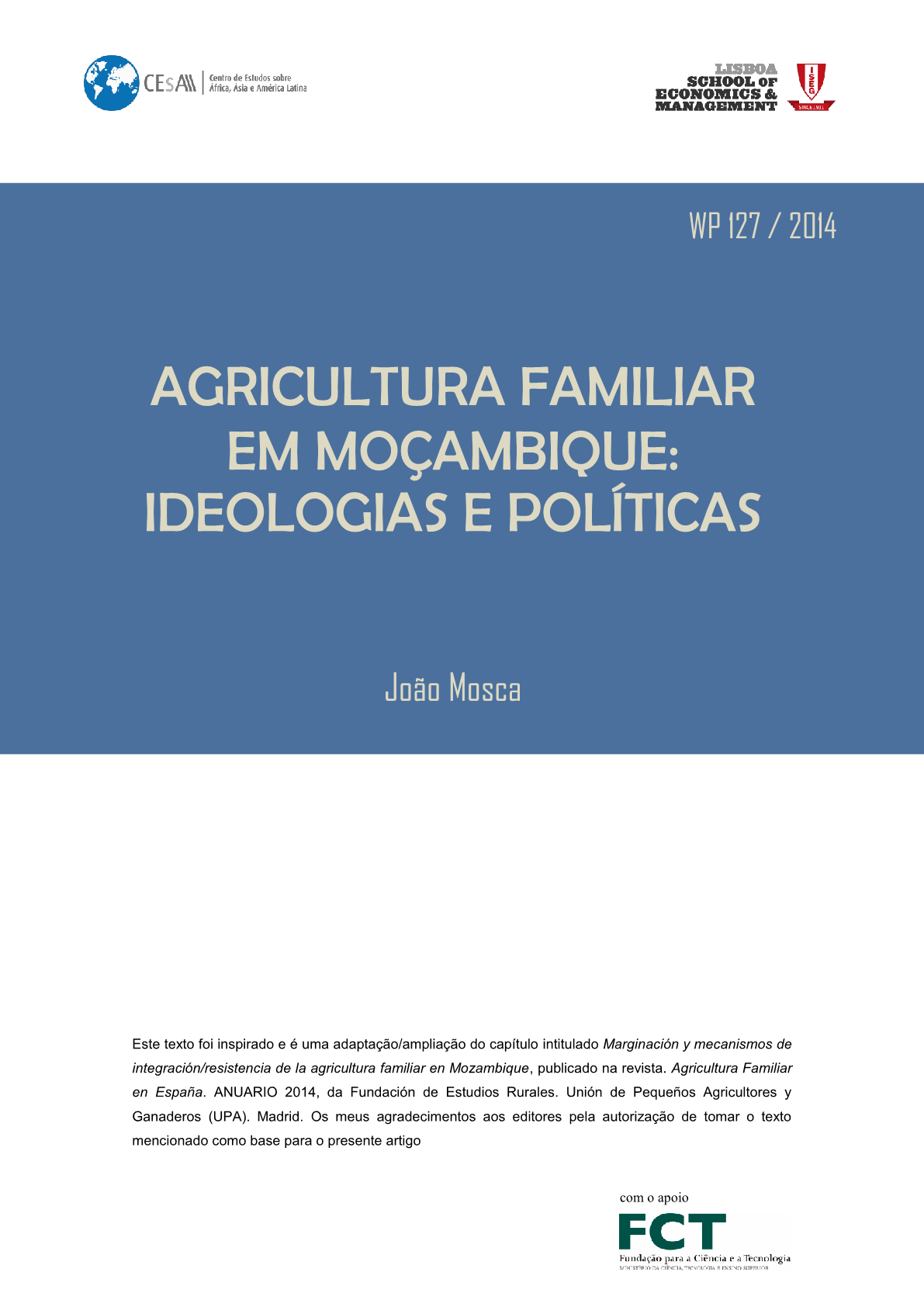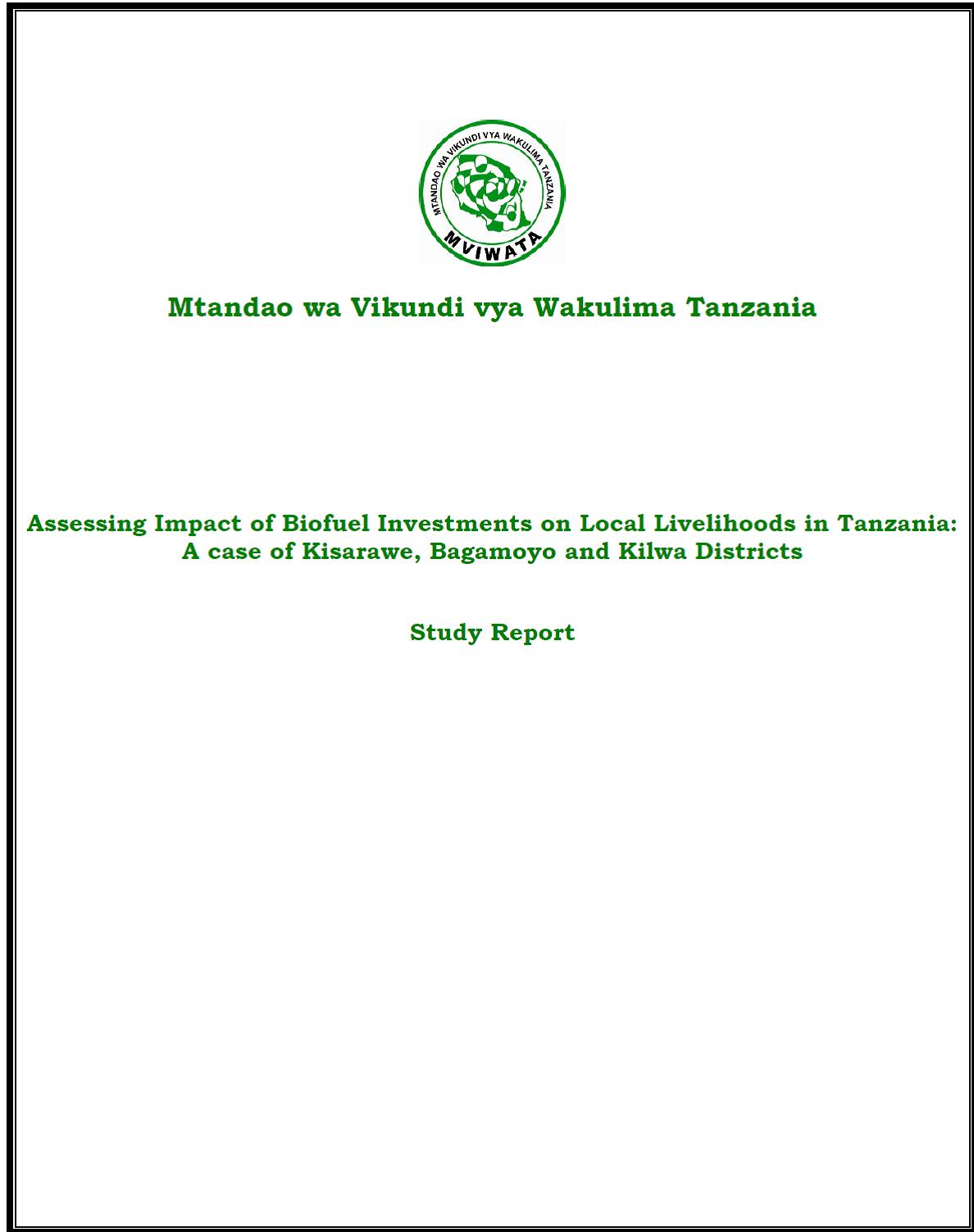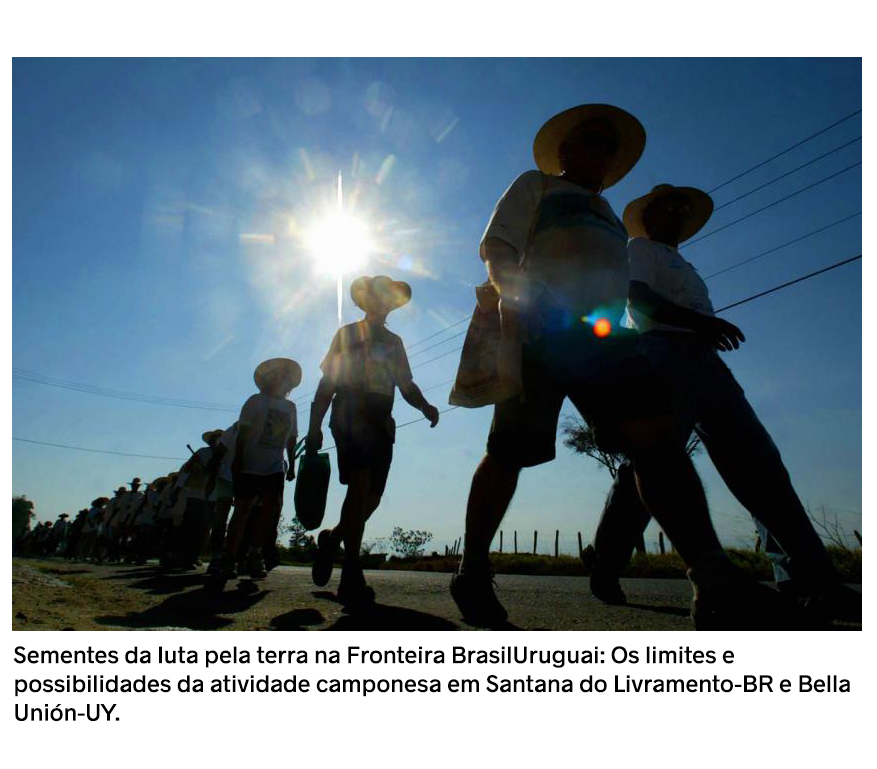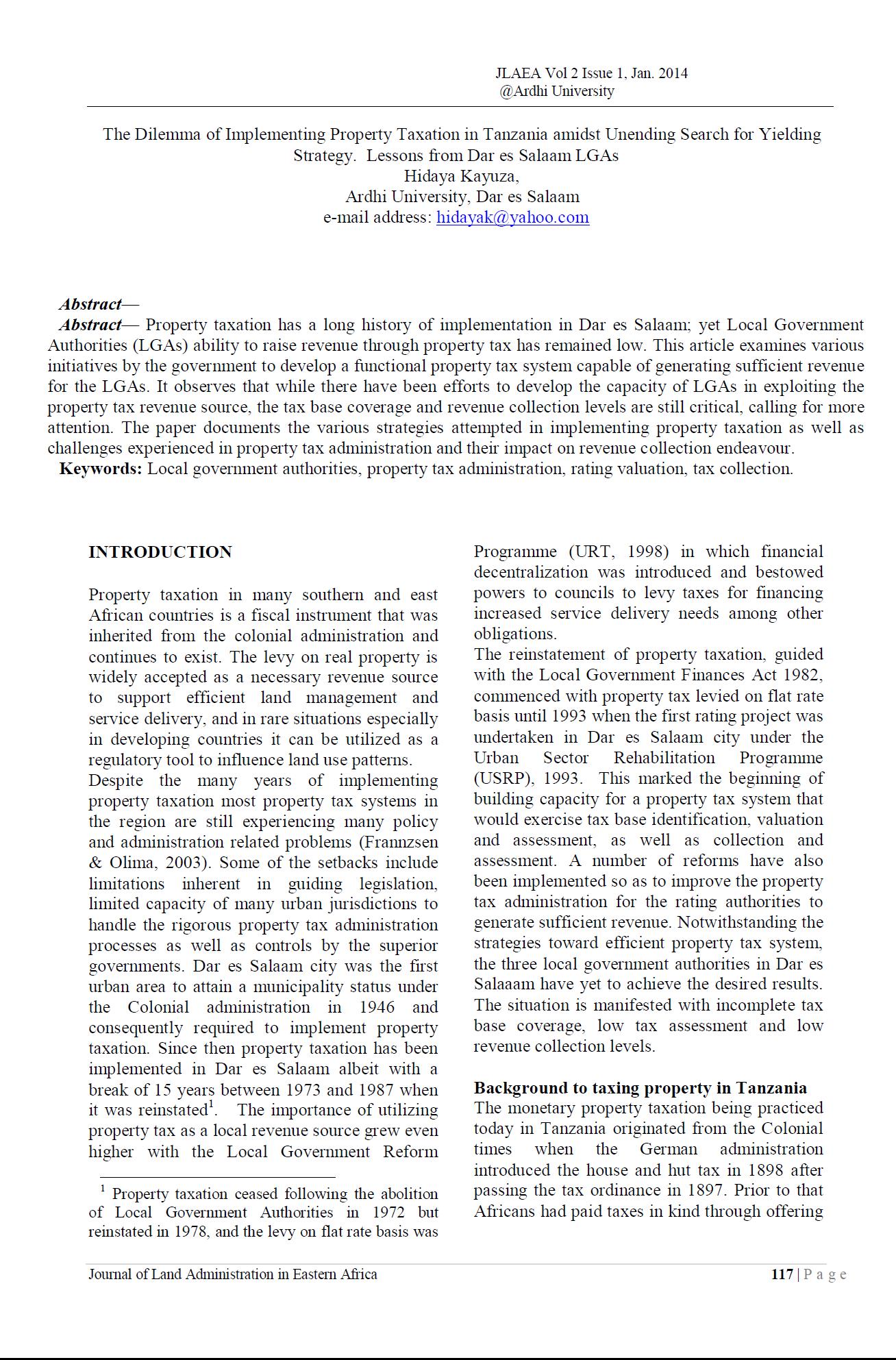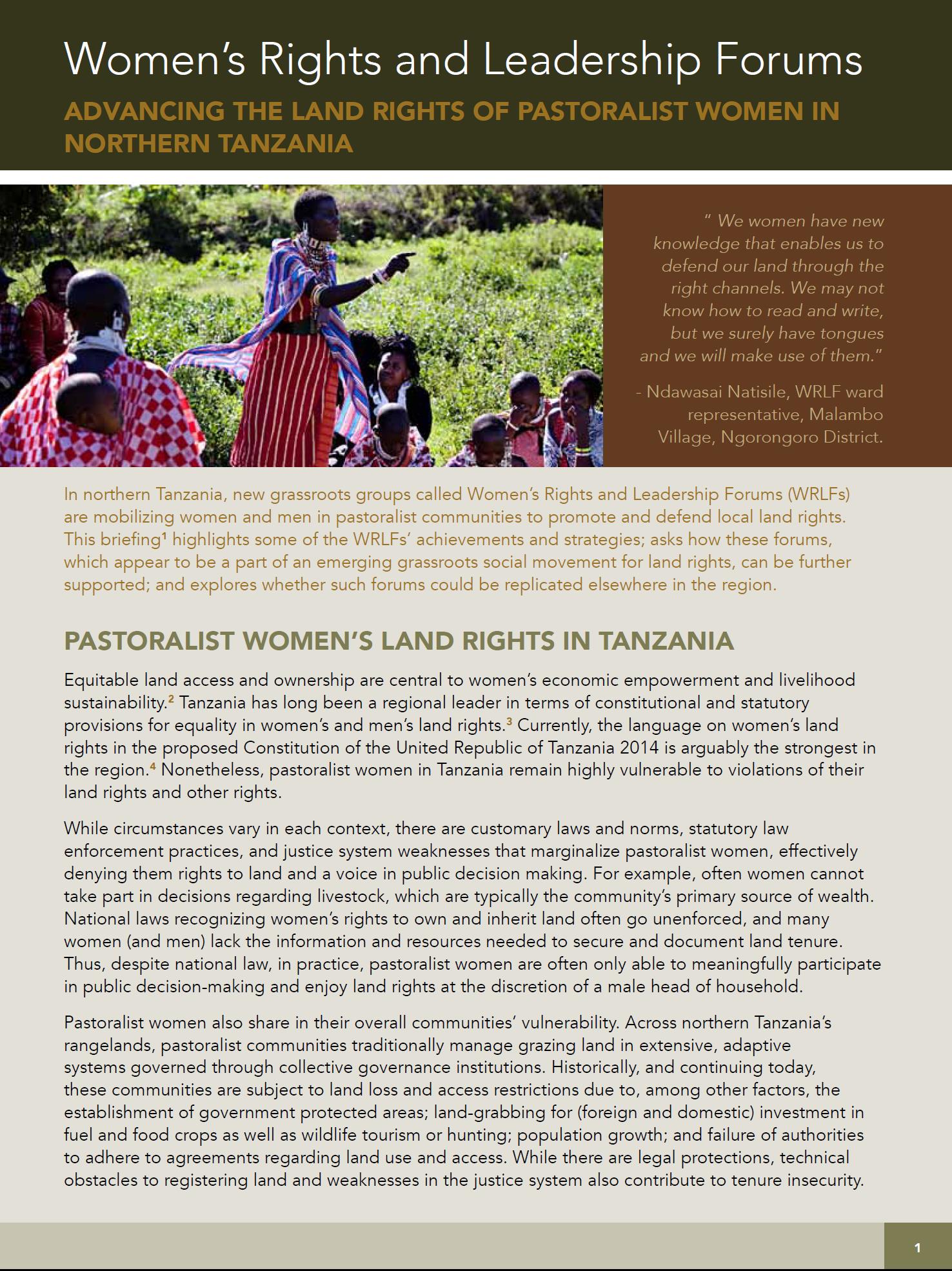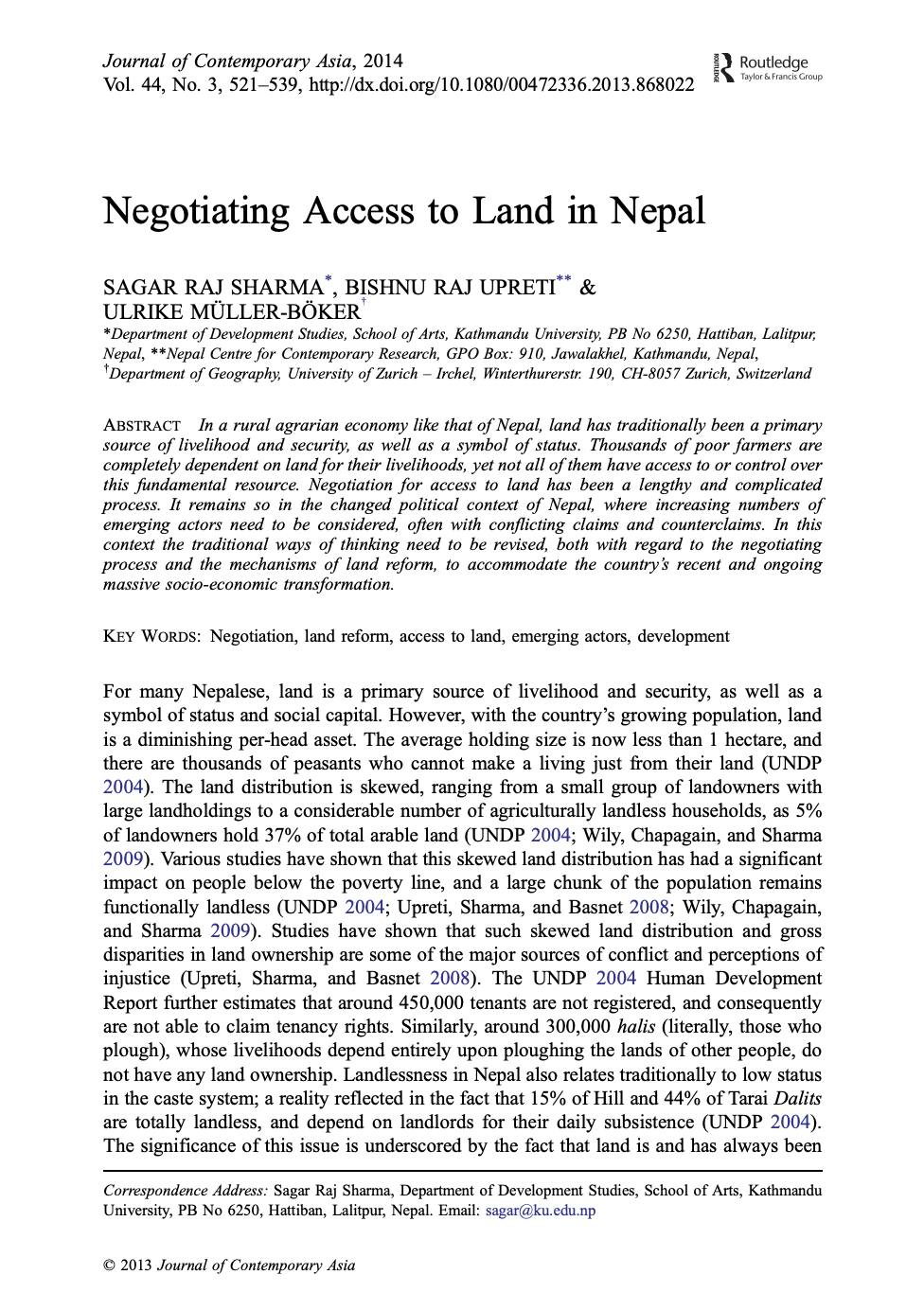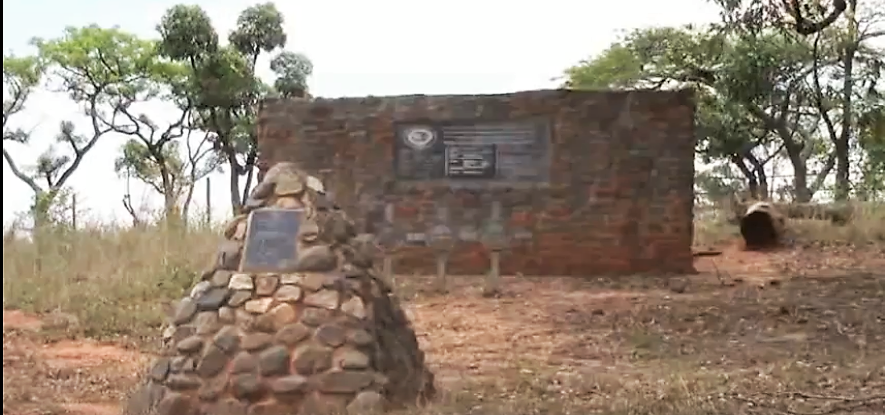Andean Countries : A Strategy for Forestry, Volume 2. Bolivia
The World Bank's revised forest
policy came into being in 2002 and covers all types of
forests. It has the following key objectives: (i) harnessing
the potential of forests to reduce poverty in a sustainable
manner; (ii) integrating forests effectively into
sustainable development; and (iii) protecting vital local
and global environmental services and values. The policy
enables the bank to fully engage in forestry throughout the



